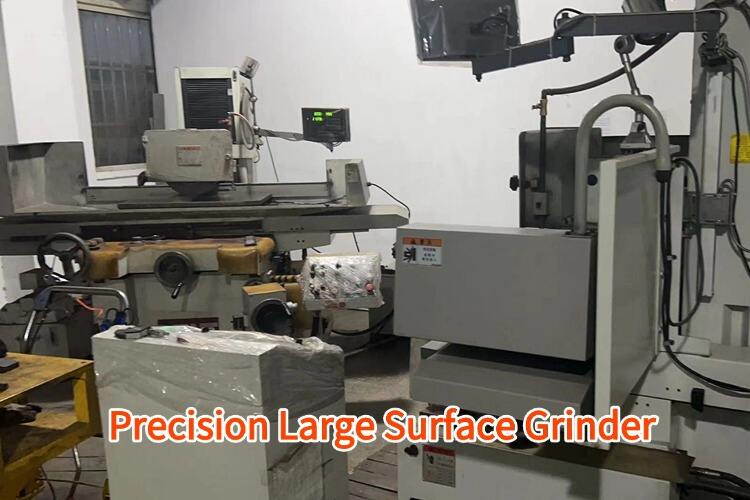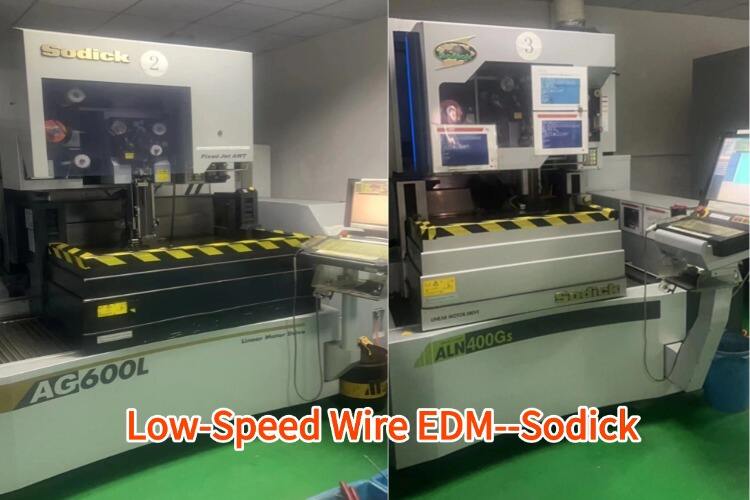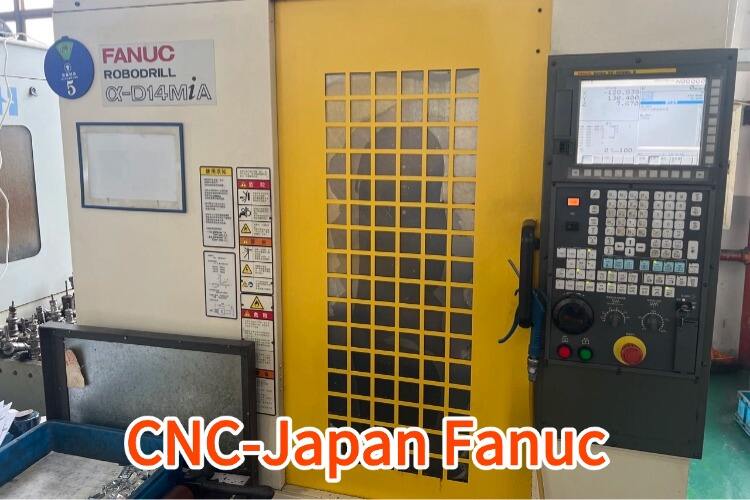custom precision machined parts
Custom precision machined parts represent the pinnacle of manufacturing excellence, delivering components crafted to exact specifications with exceptional accuracy and consistency. These parts are manufactured using advanced CNC machinery and state-of-the-art equipment, capable of achieving tolerances as tight as +/- 0.0001 inches. The manufacturing process involves converting raw materials into highly refined components through various operations including turning, milling, drilling, and grinding. Each part is meticulously engineered to meet specific dimensional requirements and surface finish specifications, ensuring optimal performance in their intended applications. These components find extensive use across numerous industries, from aerospace and automotive to medical devices and electronics. The precision machining process allows for the production of complex geometries and intricate features that would be impossible to achieve through conventional manufacturing methods. The versatility of custom precision machined parts extends to various materials, including metals, plastics, and composites, providing solutions for diverse engineering challenges. Quality control measures, including advanced measurement technologies and rigorous inspection protocols, ensure that each part meets or exceeds industry standards and customer specifications.


